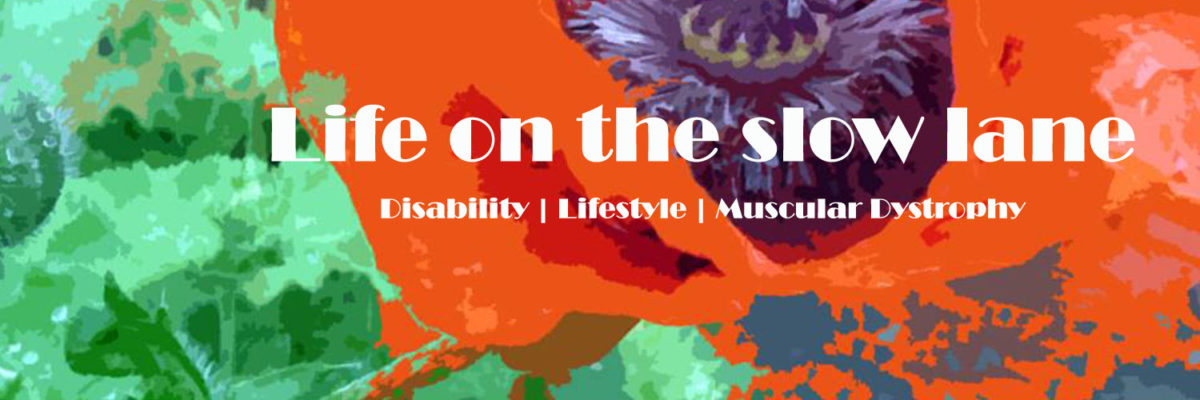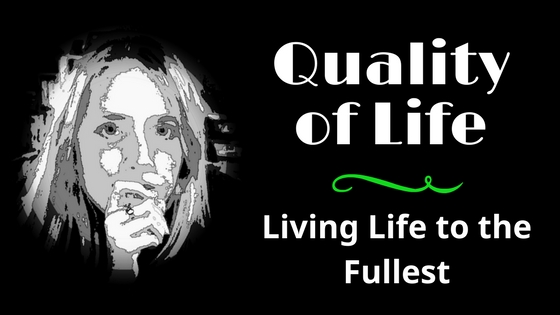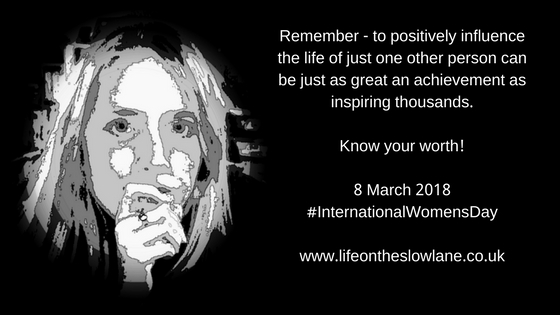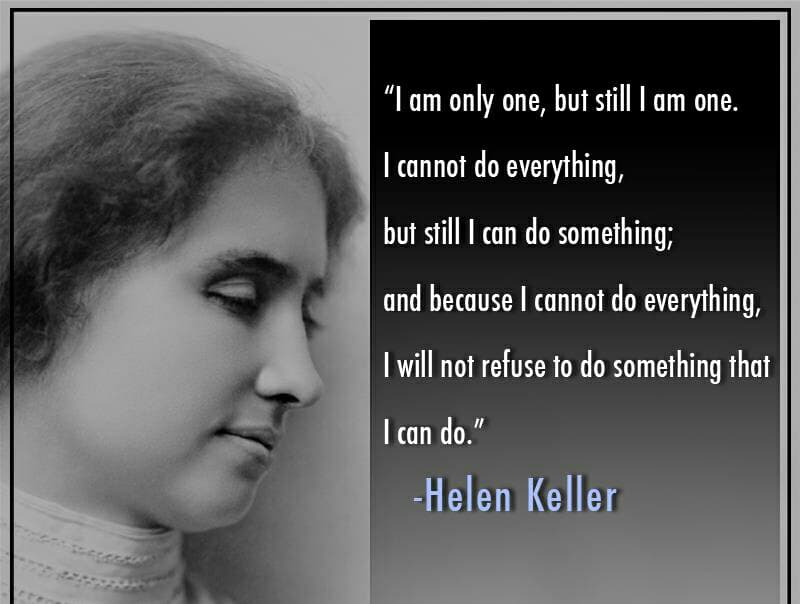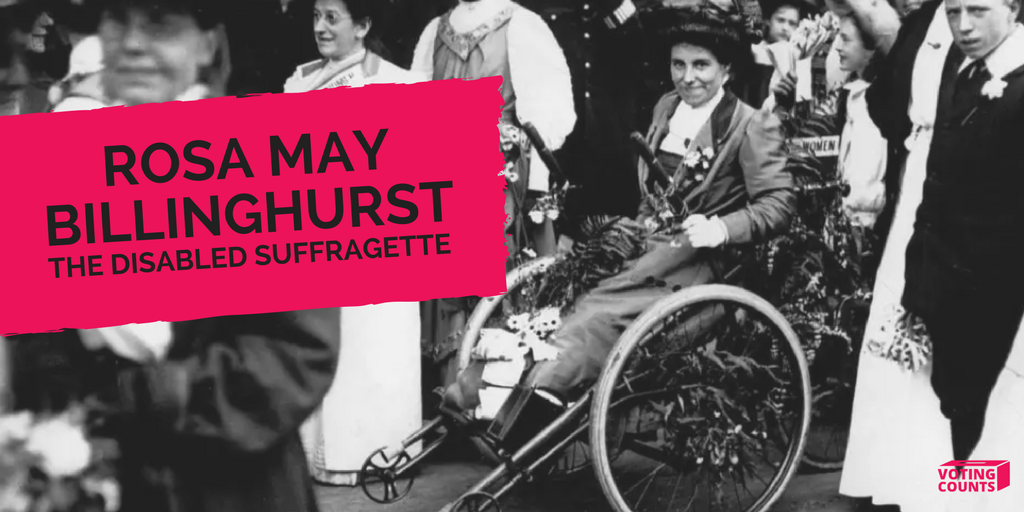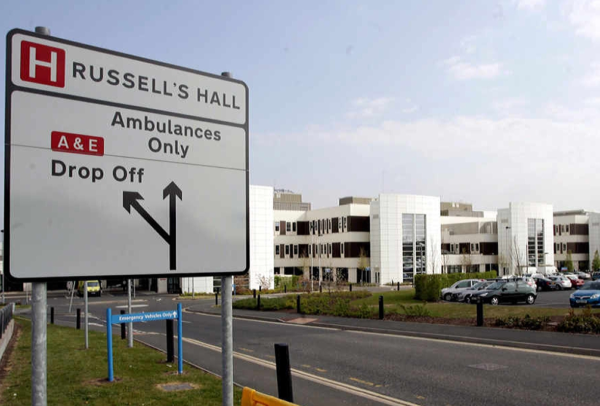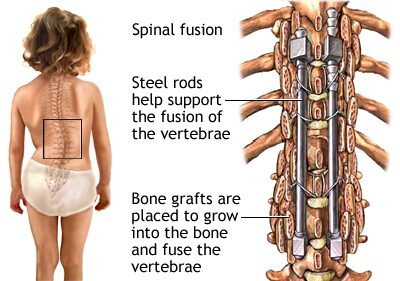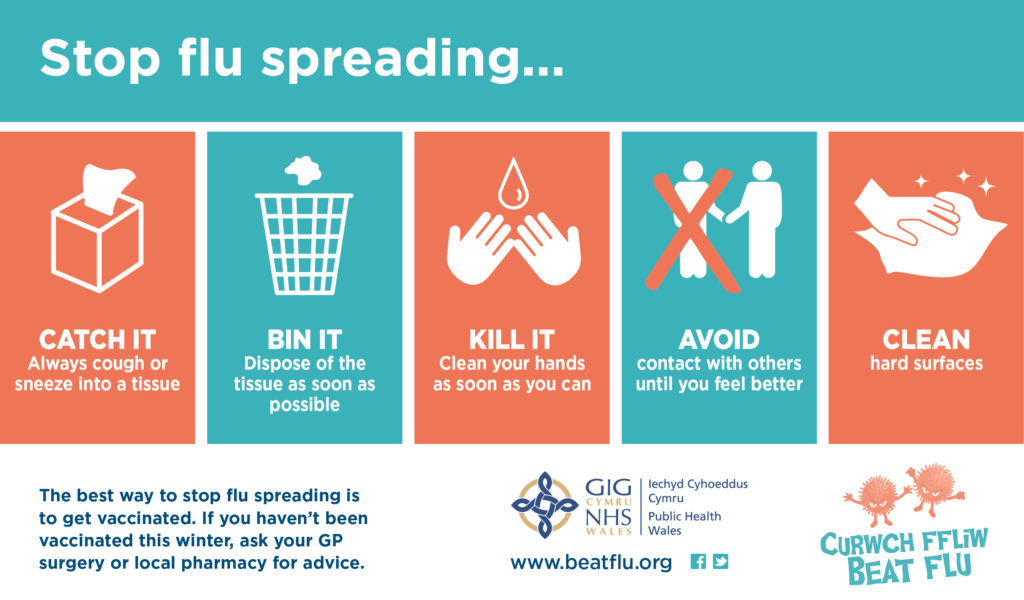I was recently invited to participate in a Quality of Life Study, conducted by students at Sheffield University. The ‘Living Life to the Fullest’ research project is aimed at young people (18-30) with life-limiting or life-threatening impairments.
Although data provided by participants is anonymous, I thought the questions asked, along with my personal perspective, might be of interest to some of you.
Below is an extract from my interview. I’d be really interested to know your views and how you might answer…
Do you think the general public hold an accurate understanding of disability? Why or why not?
No, I don’t. I think people who have never had any particular connection or interaction with disabled people lack the knowledge, experience and empathy required to hold an accurate understanding of disability. Furthermore, I think there’s a lack of awareness of how diverse disability is and how many people it actually affects.
I also think people’s perceptions of disability are heavily influenced by the depictions they see in the media. Depictions of disabled people played by able-bodied actors can be very misleading for various reasons. Quite often these portrayals are ‘airbrushed’ and sentimentalized.
The next topic is about your relationship with yourself. Do you have a strong sense of identity? What factors contribute to your identity?
I’m really not sure to be honest. I guess that implies that I don’t have a strong sense of identity. I’ve never really given this question much thought.
I’m not a fan of labelling or categorizing people. At the end of the day, we are all very different, unique individuals.
I guess, in the simplest terms, I am a daughter, a sister, an auntie and a friend. Despite the fact that I often blog about certain aspects of my life, I am actually a very private person who prefers to remain anonymous (or at least, as anonymous as possible).
I identify as somewhat of an introvert. I am incredibly insecure and self-conscious (painfully so) due to my physical disability and the presence of my powered wheelchair. I do feel like people look at the chair before they see me.
I’m very much aware of how different I look compared to ‘normal’ able-bodied people, and how others view and perceive me because of this. I think, because I am so lacking in confidence, my sense of self and identity is negatively impacted.
I am much better at thinking, talking about and dealing with other people and their problems versus my own!
Do you identify as disabled? Has this changed over time?
Yes, I do identify as disabled, though my disability does not define me as a person. I have no problem with the term, nor being referring to as a disabled person. It is simply a matter of fact. In the same way I would describe myself as a white, British female, I am also physically disabled.
I have Ullrich congenital muscular dystrophy. There is no hiding or escaping from it, therefore I choose to accept and embrace it.
Since I began blogging, I have noticed a lot of discussion, within the disabled community, regarding the topics of terminology and semantics. There are those who take offence at being identified as, or even labelled ‘disabled’. Some may prefer terms such as ‘differently abled’. (Personally, I find this descriptor a little ridiculous and would never refer to myself as ‘differently abled’). Then again, there are those who don’t consider their impairment to be a notable part of their identity at all.
My view on this has remained consistent throughout my life. My condition is congenital, meaning that I have lived with it from birth and have always been aware of it. I am disabled. In all honesty, I really wish I wasn’t! But the fact is, I am. To me, there’s really no point in denying or ignoring this part of my identity.

You’ve mentioned your thoughts around how others perceive you and how you therefore perceive yourself. Does how you think others perceive you (or even how you perceive yourself) change depending upon context (e.g. at work; with family; with friends)?
I think the way others perceive me varies depending on context. If I’m out and about amongst the general public – for example, shopping with friends – I do notice looks and stares from strangers. It can be bothersome. Some people are so indiscreet and don’t think twice about glaring!
Complete strangers have approached me in the street, clearly feeling entitled to pass judgement and make offensive and inappropriate comments regarding my disability. For instance, a man once asked if I believe in God. Put on the spot (and obviously quite shocked) I hastily answered, ‘no’. He then told me that is the reason I am in a wheelchair!
However, for the most part, I don’t take offence at people looking or staring, so long as they are respectful. I appreciate that by nature, people are inquisitive. All of us, myself included, are curious about anything considered different or not the norm. For this reason, I will happily answer disability-related questions from people who are polite and considerate.
I can’t speak on their behalf but in general, I think (or assume) my family don’t even see my disability. I’m just Carrie. The only time it really smacks them in the face (so to speak) is when I get ill.
In terms of how I perceive myself, I think this is fairly consistent regardless of context. I am very self-deprecating and self-critical. Essentially, I have always wanted to fit in, especially during my school years. I want to be able to do all the things able-bodied people can. I want to be independent, to drive, to walk, to run, to be spontaneous and do things without having to plan or rely on others.
This research project is about young people with ‘life-limiting’ or ‘life-threatening’ impairments ( LL/LTIs), the next questions surround living with that.
What does ‘life-limiting’ mean to you?
I consider myself to have a life-limiting condition (Ullrich congenital muscular dystrophy). I have come to terms with the fact that my disability will inevitably impact how long I live. Although people with the same condition are now living longer thanks to various treatments and medical intervention, life expectancy is still much shorter than the average person.
I dread winter and all the viruses circulating throughout the community. Every time I get a cold it leads to a chest infection. For me this is very serious since it often develops into a more complex issue. Many times over the years, I have been admitted to hospital with respiratory complaints including pneumonia, pneumothorax (collapsed lung) and pleurisy.
*I did elaborate further during my interview, though for personal reasons, I have chosen not to include the rest of my answer here.
Does this impact any decisions you make?
YES! All of my decisions. I had a particularly bad bout of pneumonia in 2013. It took many months for me to recover and was incredibly difficult to overcome, both physically and mentally. At that point, my priorities changed.
Up until then I had been pursuing my aims of moving out of my parental home, and finding employment….but after realising how fragile my body actually is, I decided to end the lengthy quest for accommodation – an incredibly stressful quest that I had been struggling with for over two years, without assistance!
My primary focus now is health and happiness. I have to do what is best to protect and care for my body.
*I have chosen to remove parts of my original answer to this question.
Do you feel like it is important to set goals? And does anything stop you from doing this? Are your goals are shaped by what support is assumed to be/not be available or by the support you currently receive?
My mother keeps encouraging me to set goals, like aiming for at least one holiday per year. She wants me to make the most out of the time I have – however long or short – which I understand and agree with.
In August 2017, my first nephew was born. This has been the biggest motivation for me to keep going – to pursue good health, happiness and to embrace life!
I am so much happier since he was born – everyone has noticed. I often say, I hope to live long enough to see him grow up. I want most of all for him to remember me. So this is my biggest goal.
This question is rather pertinent as I currently have only one part-time PCA (personal care assistant). She is very young and hates driving my wheelchair accessible vehicle. As a result, I feel very isolated and excluded from society. I would like to be able to get out, to meet friends and go to events. But right now I am unable to, as I don’t have the support in place.
You have talked about not being able to get out of the house. Would you say you ever feel lonely or that you miss out because of your disability?
Do you miss out more because of your own health problems or accessibility issues?
Yes, definitely. There are times I feel lonely even though I am by nature quite a solitary person. I am more than happy with my own company – it’s a good job, really!
I’m not a fan of social media at all. But like it or not, for me it is a lifeline. Without it, I would feel incredibly isolated. I mostly use Facebook Messenger in order to stay in touch with friends and to meet others in a similar position to myself.
Health problems as well as accessibility issues contribute to missed opportunities. So many times I have made plans, then had to cancel due to ill health – usually chest infections. Because of this, I am now very reluctant to make future plans for fear of disappointment.
For example, I finally managed to book tickets for the Strictly Come Dancing, January 2017 tour. I was so excited and had looked forward to it for months. I then caught a severe chest infection and was unable to go. It may sound dramatic but I was gutted. I had tried to get tickets for years but couldn’t, as the limited accessible seating was always sold out.
What worries you about your future with a complex condition? What would you say is your biggest worry?
I worry most about my health and my ability to fight respiratory illness. As a kid, when I got a chest infection I would need a course of antibiotics and a week off school to recover. However, as I have aged, the duration of these illnesses has gradually increased. They have become much more complex to treat too. These days, it takes everything I have to overcome a chest infection. I worry about how many more times I am able to do it and therefore what I might miss out on in life.
How has your family been impacted (for better or worse) by your disability? For example, has it affected them financially or affected your relationships with them? How do you feel about this?
Wow – there is no end to how much my family has been impacted by my disability!
Yes, very much financially. For one thing, I have a ground-floor bedroom/bathroom extension that was built in 2000. Back then, my parents’ income was assessed. They were entitled to a partial grant, though this was a very small sum. In order to fund the build, they had to take out a second mortgage.
Holidays are MUCH more expensive than they would be for the average family. Medical insurance and the need for accessible accommodation, plus equipment hire makes vacationing rather costly.
Essential mobility equipment such as manual and powered wheelchairs are a huge expense!
Furthermore, my parents are affected physically (owing to many years of lifting and manual handling) and emotionally. Obviously they are aware of the fact that my condition is life-limiting, even though this is not discussed. When I am hospitalised, my whole family experience a great deal of distress.
Relationships are inevitably affected. At the age of 29, I still live with my parents in their home, and we are very much in each others pockets. They remain my primary source of support. I am unable to escape when disputes occur – to go for a walk or a drive in order to ease tension and let off steam. This I find incredibly frustrating.
What makes for a good community in regards to disability?
I’m really not sure how to answer this question. Sadly, I don’t think this can ever be fully achieved, as there will always be prejudice, ignorance and exclusion. I think crucially, there needs to be greater awareness, familiarity and education so that disability becomes part of the norm. We need to work in unity to break down barriers and make disability socially acceptable.
How do you feel about dating with a disability? Do you think it is harder when you’re disabled?
It is definitely harder with a disability – or so I have found. I think one of the biggest obstacles is the initial meet and greet stage.
We (disabled people) face assumptions, social prejudice and environmental limitations e.g. Access to buildings and public transport – thus making dating all the more challenging. Then there are our own physical limitations.
I am completely non-ambulant, I have contractures, a severe scoliosis and overall muscle degeneration. These physical limitations have made me overtly self-conscious, socially awkward and anxious when meeting new people.
Thanks for reading! If you found this interesting, leave a comment and share so that others can join in the discussion.
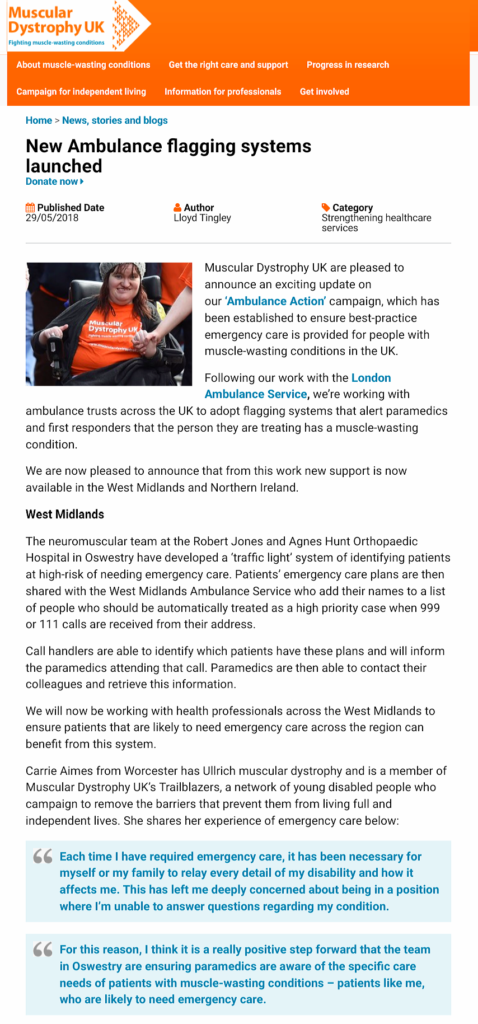 👆 See above to read my response to the latest developments in Oswestry.
👆 See above to read my response to the latest developments in Oswestry. To find out more about the MDUK #AmbulanceAction campaign, click here.
To find out more about the MDUK #AmbulanceAction campaign, click here.